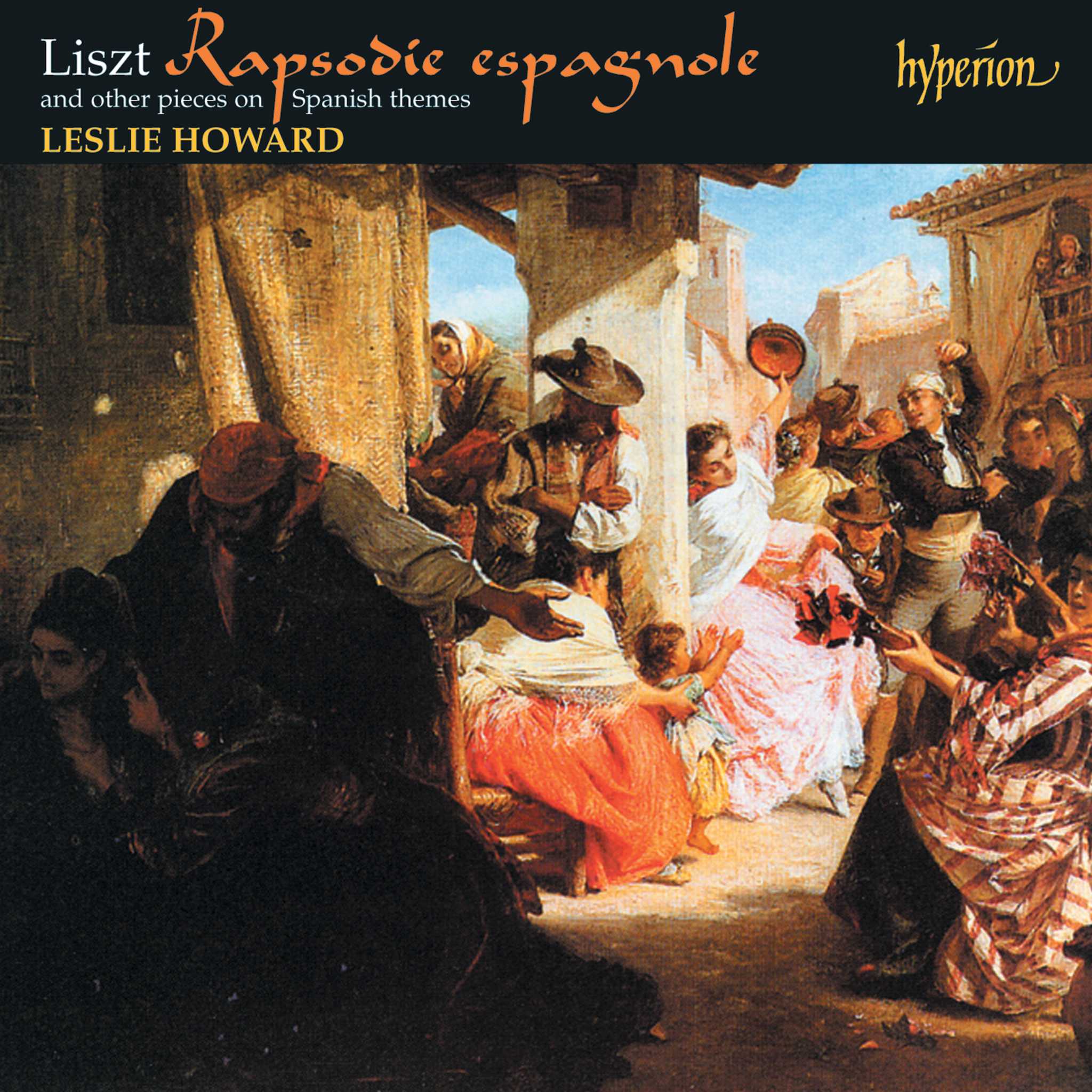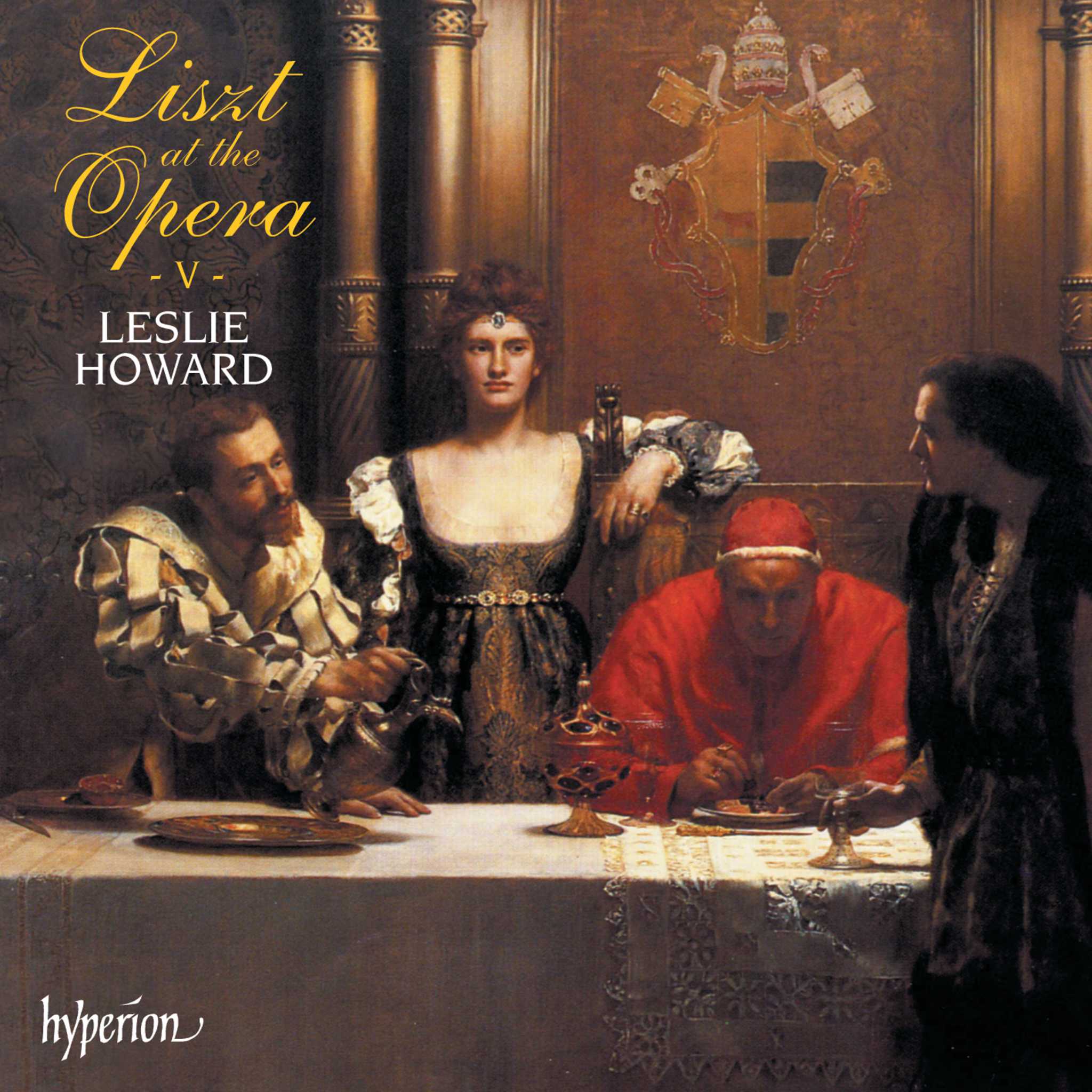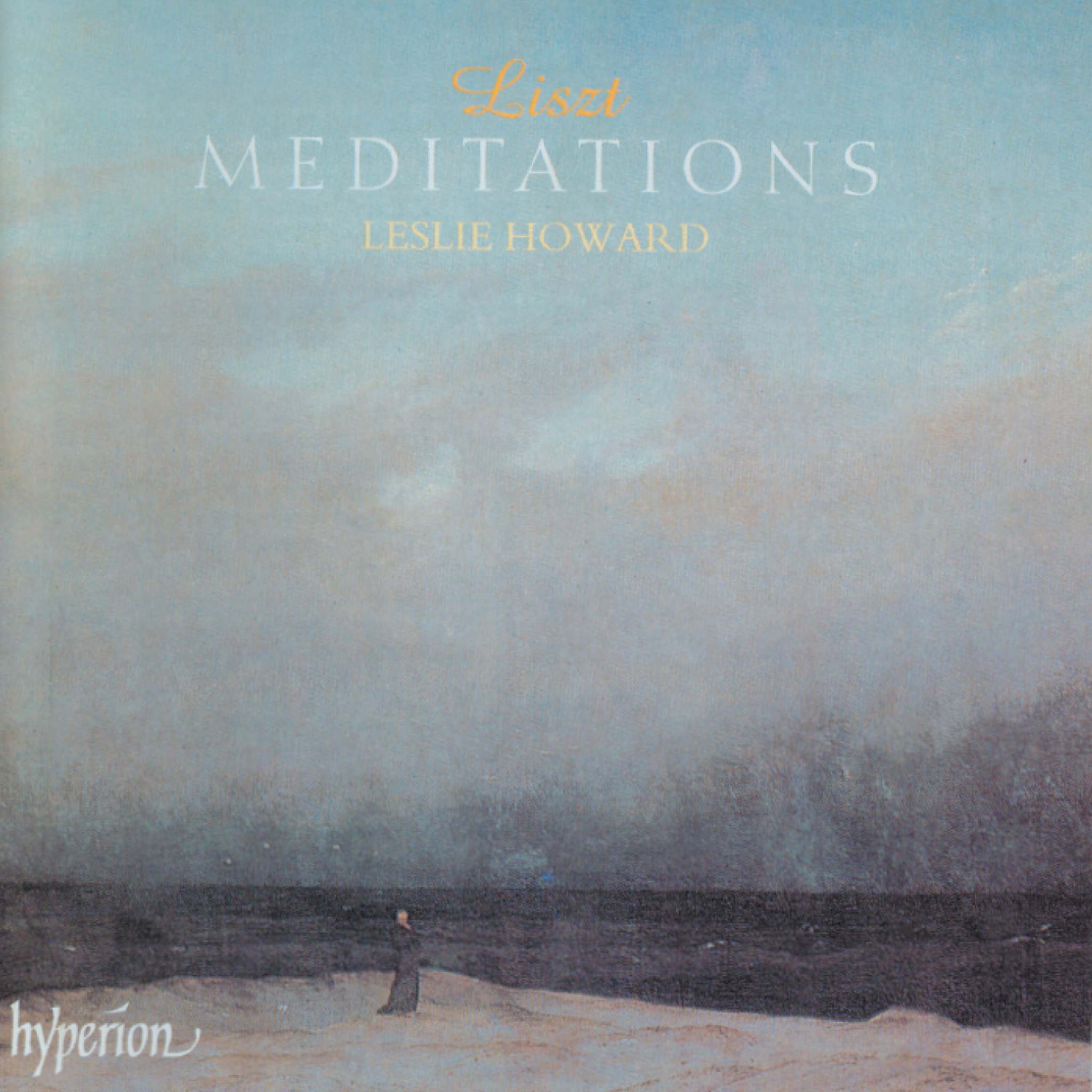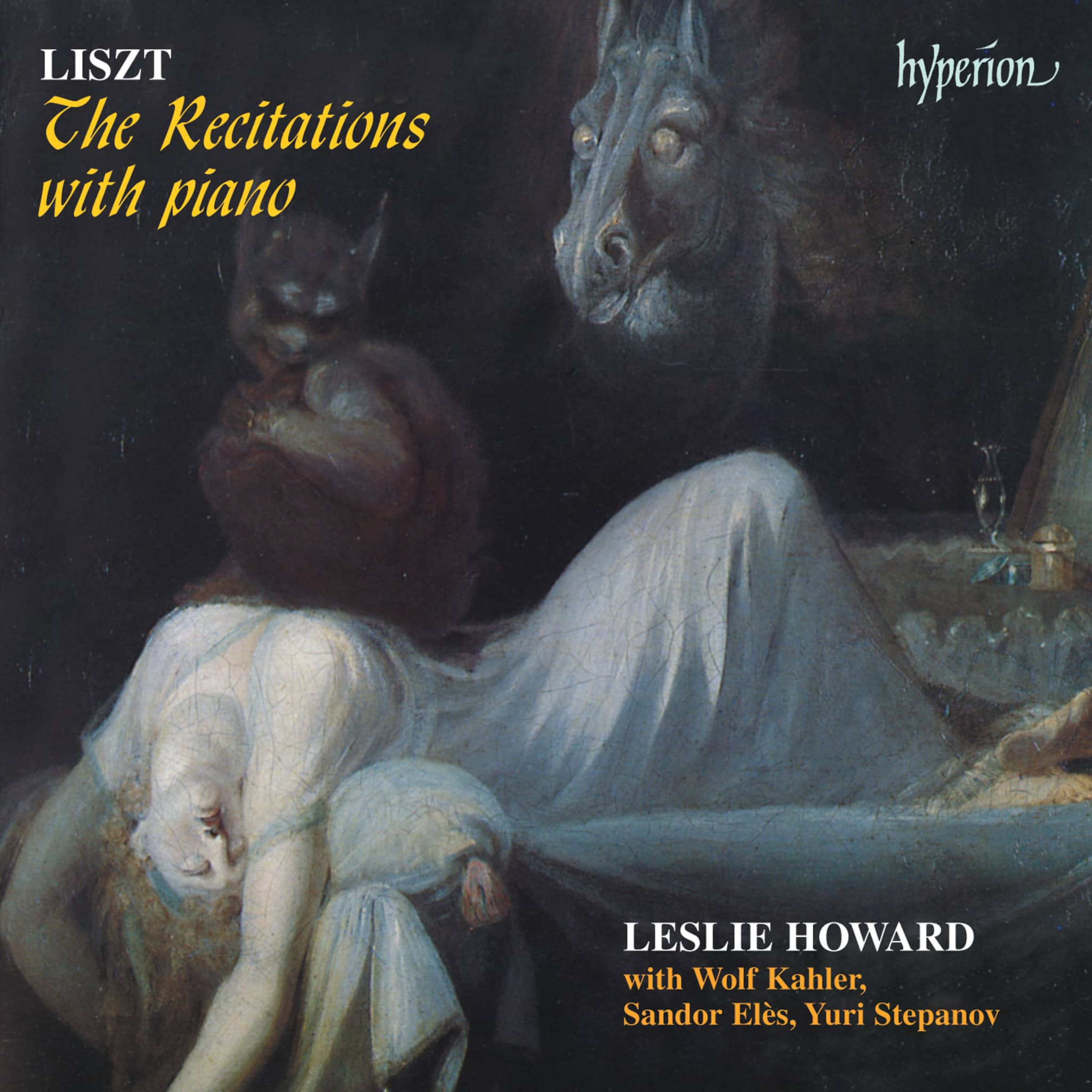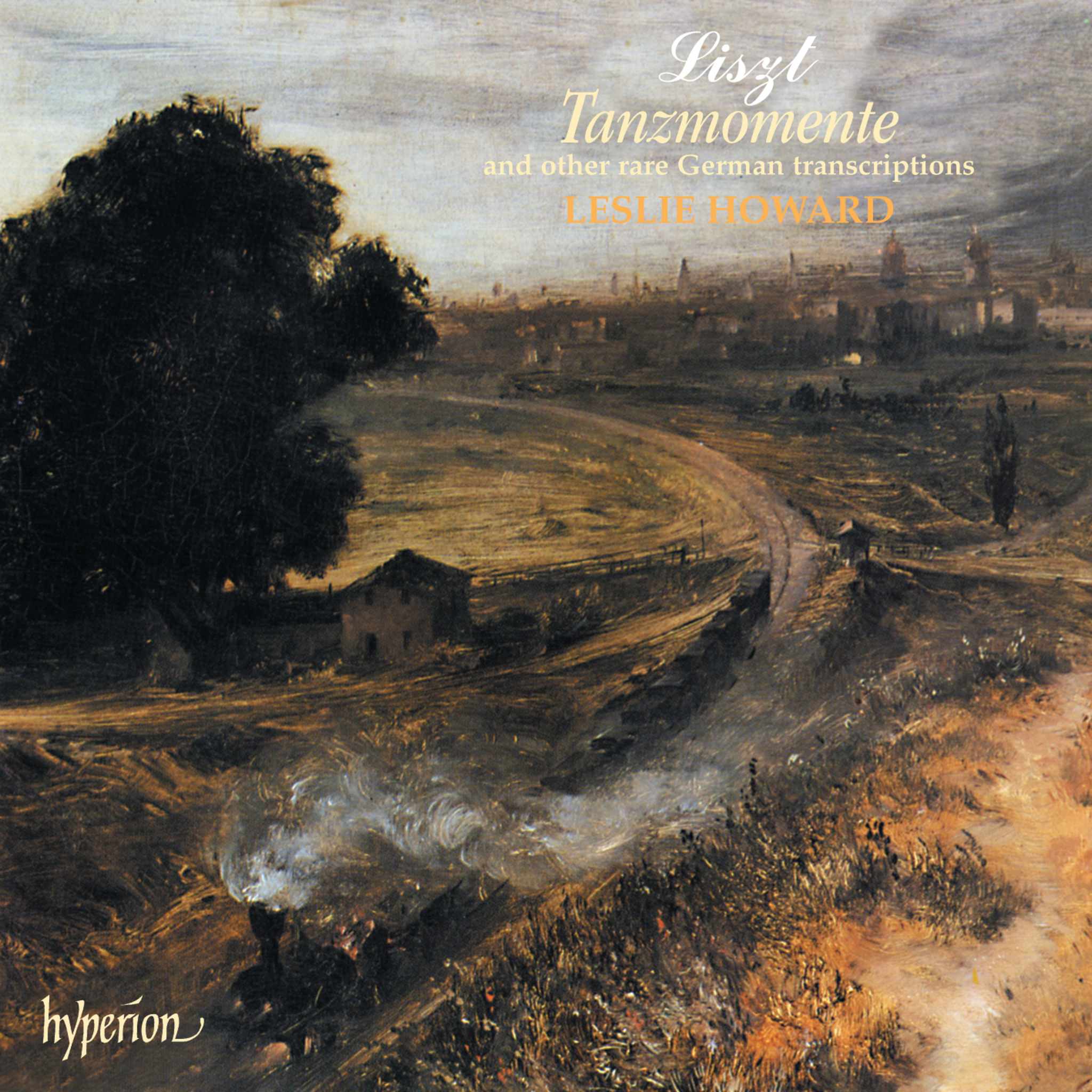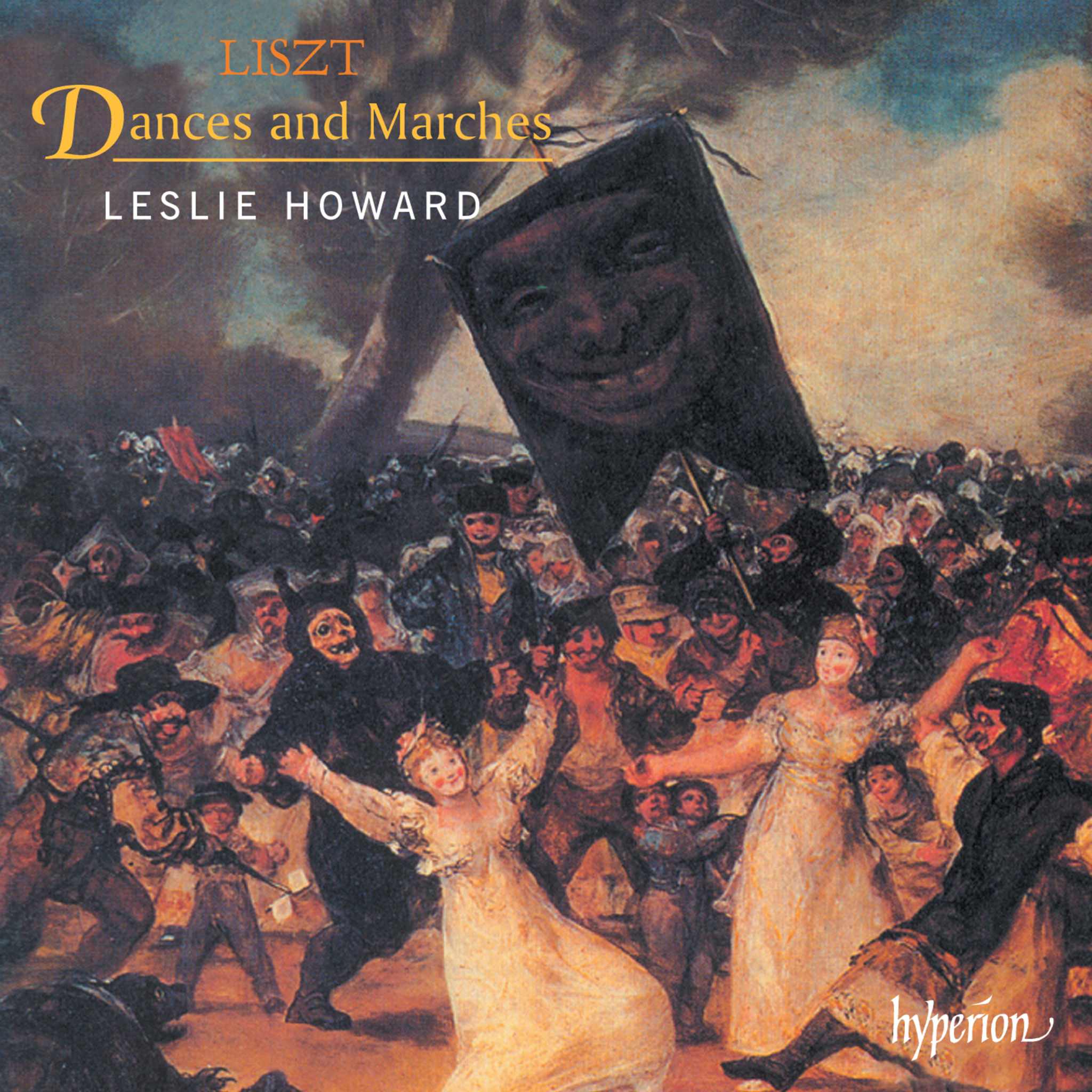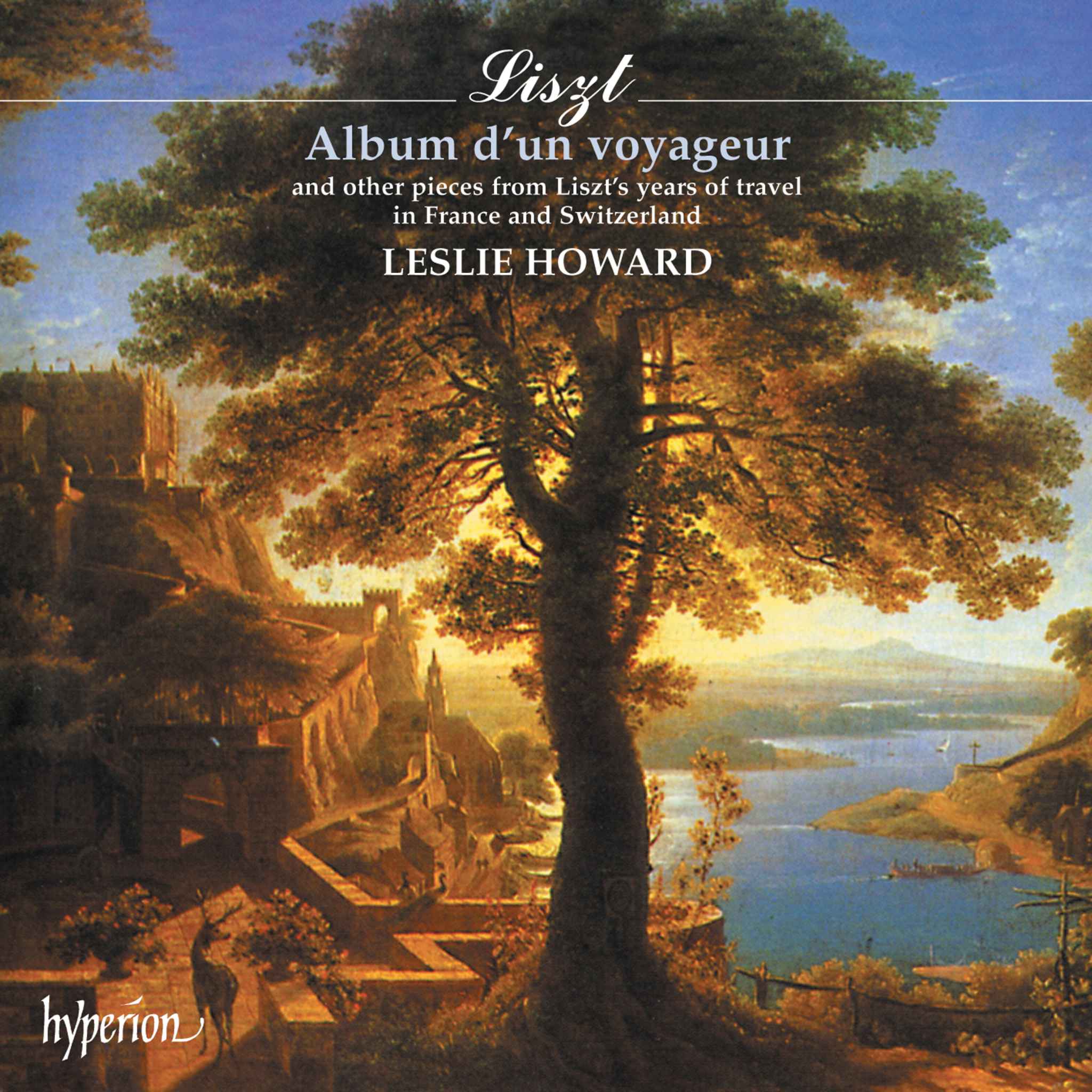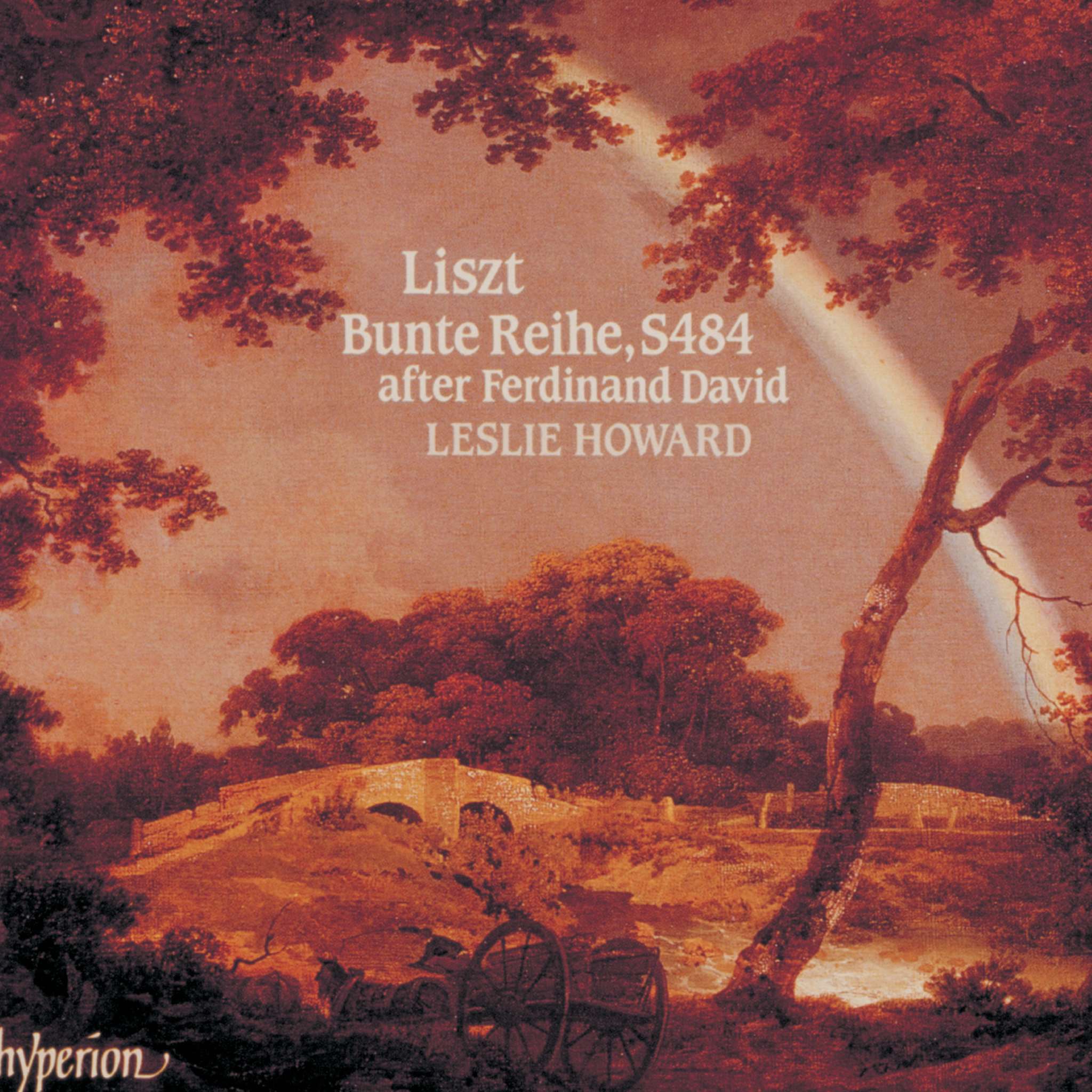Im 19. Jahrhundert faszinierte die spanische Klangwelt viele Komponisten. Stücke mit spanischem Charakter erfreuten sich größerer Beliebtheit als authentische spanische Kompositionen. Während seiner Reise durch die iberische Halbinsel 1844/45 begegnete Liszt volkstümlichen Melodien, die später in seine Klavierwerke einflossen. Über Musik und Schüler blieb seine Verbindung zu Spanien und Portugal bestehen.
Die Große Konzertfantasie über spanische Weisen von Liszt wurde posthum veröffentlicht. Sie umfasst drei Melodien sowie Themen aus Mozarts Figaro. La Romanesca, eine spanische Tanzweise, verknüpfte Liszt mit Italien. Seine Rhapsodie espagnole, 1867 mit dem Untertitel "Folies d'Espagne et Jota aragonesa" herausgegeben, zählt heute zu seinen bekanntesten Werken.
Ob Liszt tatsächlich Soriano Fuertes y Piqueras in Córdoba traf, bleibt ungeklärt. Das um 1845 erschienene Stück "Feuille morte" stellt eine kreative Paraphrase eines Liedes dar. Mit "El contrabandista", einer Bearbeitung von Manuel Garcías erfolgreicher Zarzuela "El poeta calculista", schuf Liszt ein beeindruckendes Klavierstück.

